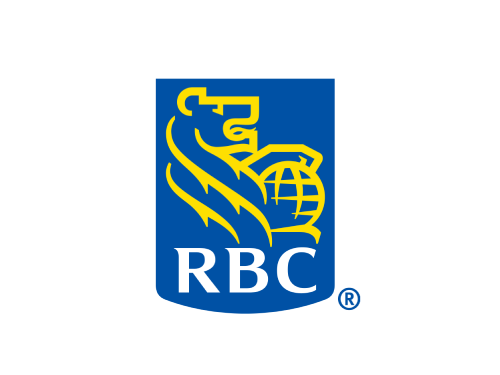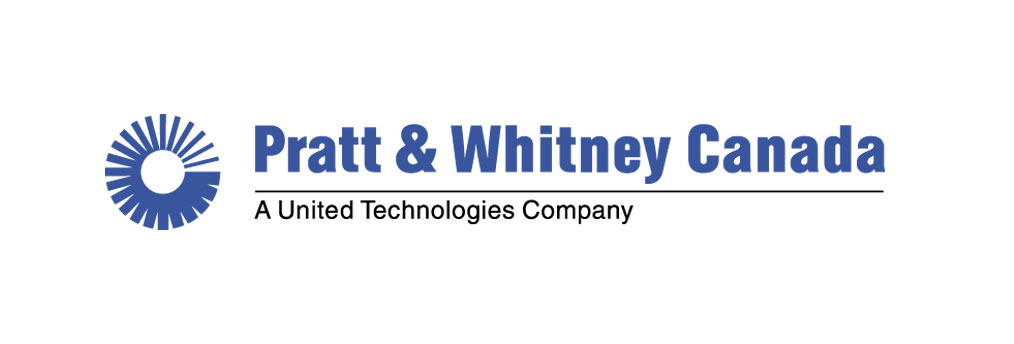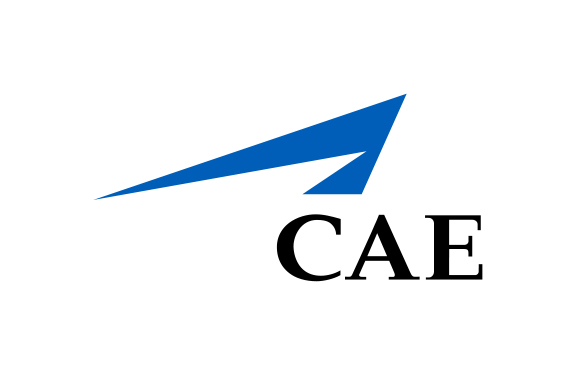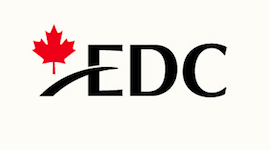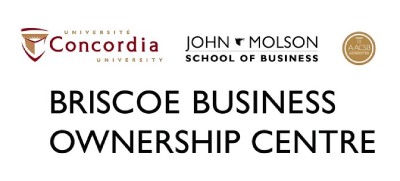MBA Case Competition trains leaders in management and teamwork skills
[img_assist|nid=877|title=|desc=Concordia’s MBA Case Competition team (from left to right): Timothy Field (coach), Donna Morris (alternate), Dan Silverman, Anna Giampa, Volodymyr Maksymiw-Duszara, Mohammad Ramzan, Noor Shawwa (assistant coach). The team was ranked eleventh out of 30 teams from Canada, the U.S., Germany, Sweden, Finland and New Zealand. (photo: Andrew Dobrowolsky)|link=none|align=right|width=350|height=322]
“Let’s get to work!” Volodymyr Maksymiw-Duszara said with authoritative gusto. The four members of Concordia’s MBA Case Competition team proceeded to outline how the world’s largest pharmaceutical company would resolve their current management quandary.
The team was competing in the live case, the fourth in a five-stage round-robin competition that brought together top management students from 30 business schools around the world. Teams are presented with a corporate management problem, which they must analyze. They subsequently present a solution to a team of judges, all members of Montreal’s business community.
In its 22nd year hosted by Concordia, the competition epitomizes the university’s motto, “Real Education for the Real World.”
What sets the live case apart, for example, is that unlike the other cases used in the competition, which are theoretical, it is a real situation, outlined on the spot by the company’s executives. They look forward to tapping into the wealth of fresh ideas circulating among management students.
The competition requires months of planning. However, once the main event arrives, participants, coaches, organizers, volunteers and judges enjoy a whirlwind week of intense competition and networking as well as social activities and outings, including a city tour of Montreal and, this year, a comedy night.
Competition to participate is fierce. Concordia coach Timothy Field, a JMSB management professor, chose members of his team from among his MBA students in his Strategies in Action: Case Competition course. The class completed 11 case simulations during the semester. The Concordia team then simulated 10 cases in the weeks leading up to the competition.
Team member Dan Silverman was attracted to the competition for the “challenge of doing a thorough analysis [of a case] in three hours.” He explained that all of his teammates are practised at preparing elaborate preparations over weeks. The time limit and intense atmosphere of the Case Competition added a new dimension.
Silverman said that because the Case Competition is known to bring together “the crème de la crème of the MBA program,” it would be a welcome addition to his resume. However, in countries like Germany, where business education is very theoretical, practical experience is a rare but increasingly attractive asset in today’s global market.
Mirella Orlovic, a student at the Heinrich-Heine University of D√ºsseldorf, said that the Case Competition gave her a taste of “the mean guys in the real business world.” She added that participation in the Case Competition was a way for her small faculty to distinguish itself in a huge university. “We wanted to show that we have international experience and that we are open-minded.” She hopes that as case competitions become more common in Europe, employers will understand the value they impart to participants.
Université Laval took first place in the competition, while York University and the University of Vermont came in second and third, respectively. The award for spirit, which is chosen by the participants, went to the Helsinki School of Economics for their enthusiasm and sportsmanship. Concordia’s team placed eleventh, missing the semi-finals by only one point. On January 13-15, Concordia’s team competed in a similar case competition at McMaster University.
Mark Burger, one of the Case Competition’s organizers, said that the experience allowed him to “meet and interact not only with people from all over the world, but from different spectrums”‚Äîjudges, students and coaches. We’ve shared an experience that have built friendships that will last a lifetime,” he said. “I’m sure of it.”
Burger and his three co-organizers will receive academic credit for the equivalent of two courses for their work Now that the competition is over, they will write a report, which will serve as a blueprint for next year’s organizers. ‘They’ll have big shoes to fill!” Burger said.
The Undergraduate National Case Competition will take place at Concordia Feb. 6-8.







